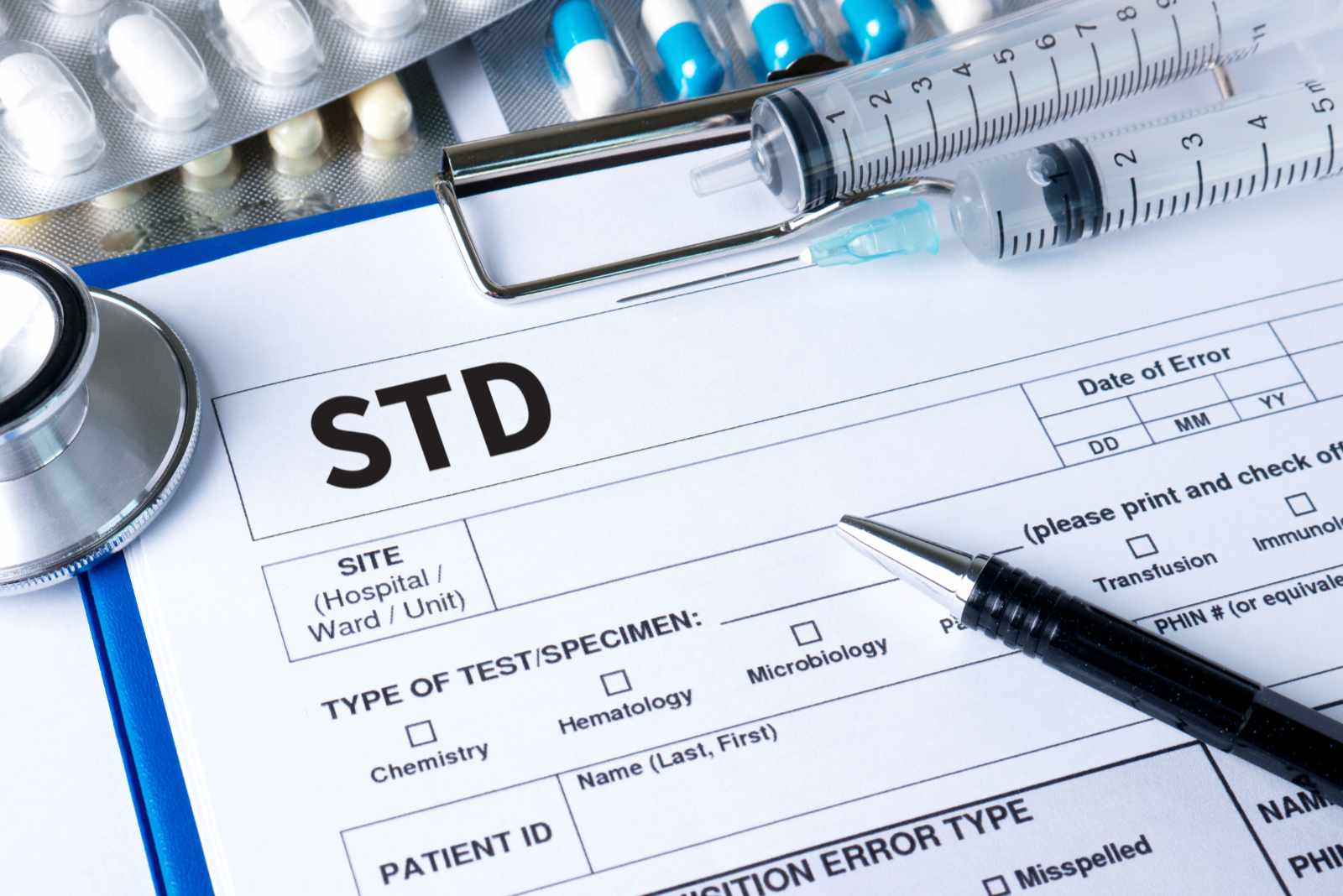Gonorrhea Infection
ChatRx uses advanced AI to accurately diagnose the symptoms of Gonorrhea infection and prescribe medications as needed.
Overview
Gonorrhea is a highly contagious sexually transmitted disease (STD) caused by the bacteria Neisseria gonorrhoeae. It is one of the most commonly reported infectious diseases, particularly affecting sexually active individuals. While gonorrhea can lead to serious health complications if left untreated, it is also a treatable condition with the appropriate antibiotics.
If you have any signs or symptoms of Gonorrhea infection, we encourage you to use our AI system to assess your symptoms.
AI-Powered Symptom Assessment Coming in Spring 2025!

What is Gonorrhea?
- A highly contagious STD caused by the bacteria Neisseria gonorrhoeae
- One of the most commonly reported infectious diseases, particularly affecting sexually active individuals
- Can lead to serious health complications if left untreated, but is also a treatable condition with the appropriate antibiotics
Causes of Gonorrhea
- Unprotected sexual contact with an infected partner
- Transmission through vaginal, anal, or oral sex
- Increased risk of infection with multiple sexual partners or a history of other STDs
Preventing Gonorrhea
- Practice safe sex by using condoms during all sexual activity
- Get regularly tested for STDs, especially if you have multiple sexual partners
- Communicate openly with sexual partners about STD testing and prevention
Dealing with Gonorrhea Infection?
AI-Powered Gonorrhea Infection Treatment Coming This Spring!
Start Your Gonorrhea Infection Assessment Now
Symptoms of Gonorrhea
- Painful or burning sensation during urination
- Unusual, colored discharge from the penis or vagina
- Swollen or painful testicles in men
- Increased vaginal discharge, pelvic pain, or bleeding between periods in women
Treating Gonorrhea
- Antibiotics, such as ceftriaxone or azithromycin, prescribed by a healthcare provider
- Avoid sexual activity until the infection has been fully treated and cleared
- Inform all recent sexual partners to get tested and treated as well
Self-Care for Gonorrhea
- Avoid douching, which can disrupt the natural genital environment
- Drink plenty of fluids and get enough rest to support the body’s healing process
Feeling Unwell?
AI-Powered Symptom Assessment Coming in Spring 2025!
Antibiotics for Gonorrhea
- Ceftriaxone shot, or oral cefixime, typically taken for a single dose
- These antibiotics effectively treat the bacterial infection and clear the gonorrhea
Risk Factors for Gonorrhea
- Unprotected sexual activity
- Multiple sexual partners
- History of other sexually transmitted infections
- Younger age (15-24 years old)
Summary
Gonorrhea is a persistent and treatable STD that can lead to serious health complications if left undiagnosed and untreated. By understanding the causes, symptoms, and appropriate treatment options, individuals can take proactive steps to protect their sexual health and prevent the spread of this infection.
Frequently Asked Questions
Symptoms can develop within 2-10 days after exposure, though some people may not notice signs for several weeks. Many people, especially women, may have no noticeable symptoms at all while still being able to transmit the infection.
No, gonorrhea won’t clear up on its own. Without proper antibiotic treatment, the infection can spread to other parts of your body and cause serious complications. Early treatment is essential to prevent long-term health issues.
When treated properly with the recommended antibiotics, gonorrhea can usually be cured within a week. However, it’s crucial to:
- Complete the entire course of antibiotics
- Get retested after treatment
- Ensure all partners are treated
- Avoid sexual activity until treatment is complete
No, gonorrhea isn’t spread through casual contact like kissing, sharing drinks, hugging, or using the same toilet. The bacteria can only survive in specific body environments and is primarily transmitted through sexual contact.
Experiencing symptoms? Get an AI-powered medical assessment through ChatRx to understand if you need immediate testing.
Yes, you can contract gonorrhea multiple times. Previous infections don’t provide immunity. Each new exposure can result in a new infection, which is why consistent prevention methods and regular testing are important.
Some antibiotics can reduce the effectiveness of hormonal birth control. During treatment and for 7 days after, use backup contraception methods and discuss any concerns with your healthcare provider.
For the most accurate results, wait at least 5-7 days after potential exposure before getting tested. If you test too early, you might get a false negative result even if you’ve contracted the infection.
Light exercise is generally fine during treatment, but listen to your body and avoid activities that cause discomfort. Tampon use is usually safe, but if you experience discomfort, consider using pads until treatment is complete.